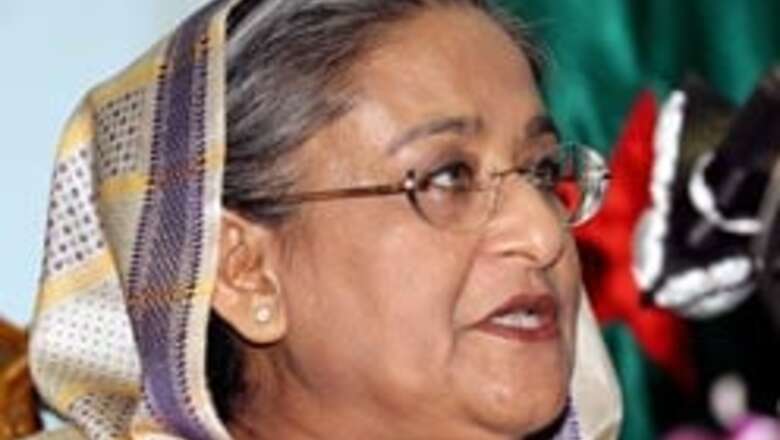
views
New Delhi: The United Liberation Front of Asom or ULFA seems to have landed in a mess in Bangladesh after the Bangladeshi media carried reports on Sunday, suggesting that cadres of the militant outfit, which is operating from the country, masterminded a 2004 attack on former Bangladesh prime minister Sheikh Hasina.
The bloody bombing at an Awami League party rally on August 21, 2004, had left 20 people -- including party leader Ivy Rahman -- dead, but Hasina had escaped unhurt. It was also reported that Hasina was fired at amid the grenade explosions. The then Zia Government had ordered a probe into the attacks and detained a few suspects. But the mastermind of the attack was never caught.
The ULFA was quick to deny the media reports, saying it doesn't meddle in the politics of any other country. "We are just fighting to liberate Assam from Indian control," the outfit said in a press statement issued both in India as well as Bangladesh.
According to a report on Bangladesh newspaper ‘The New Nation’, the 2004 attack was carried out by ULFA cadres with the help from intelligence officials of the then Zia government. The report was datelined Guwahati and it quoted Khagen Sarmah, the chief of Special Branch of Assam Police, as the news source.
Significantly, the Assam Police official on Sunday denied the report. "I have never spoken to any Bangladeshi media nor any other journalists in this regard," Indian news agency IANS quoted him as saying.
But the Bangladeshi media was abuzz with reports that a self-styled commander of ULFA, who was arrested in Shillong on December 14 last year, has told the Assam Police Special Branch and CBI sleuths during interrogations that 11 ULFA fighters led by him tossed grenades and fired from assault rifles at the Awami League rally at Bangabandhu Avenue on August 21 2004.
"Pallav Saikia has confessed that they had attacked the Awami League rally at the explicit instruction of the ULFA military wing chief Paresh Barua," BDNews24.com quoted Sarmah as saying. "Some Bangladesh intelligence officials helped us plan the assault and even gave us the vehicles for the assault that morning, but I don't know these Bangladeshis," Sarmah quoted the ULFA militant as having confessed.
"They started interacting with us after Paresh Barua briefed me on the mission on July 26 in a safe house in Gulshan in Dhaka," Pallav was quoted as saying during questioning. Sarmah said Pallav named everyone in the group who accompanied him on the assault. "Rubul Ali was my second-in-command in that assault," Pallav is reported to have told his interrogators.
PAGE_BREAK
Of the 11, six are still alive and operating for the ULFA but Rubul is dead, killed in an encounter with the Indian army in May last year. Pallav is believed to be close to ULFA military wing chief Paresh Barua and led a special unit of the group involved in high profile assassinations and acts of sabotage.
The media reports even quoted Indian Intelligence Bureau officials as saying that they can place Pallav for questioning by any Bangladeshi team, but they say they will sit in during the questioning so that there is 'no confusion'. The Interpol was also welcome to question him, they said.
After the revelations, the Awami League on Saturday demanded that the caretaker government take a fresh look at the bloody bombing of a party rally that killed 20 people. "If former prime minister Khaleda Zia, her son Tareq Rahman and former ministers Lutfuzzaman Babar, Moudud Ahmed and Nazmul Huda are interrogated, everything will come to light," Hasina's aide Obaidul Quader Choudhury said.
The ULFA statement, released by its spokesperson Rubi Bhuiyan, rubbished the claim, saying, "Pallav Saikia is either saying all this nonsense under pressure or he has been bought over and forced to say all this."
Besides Paresh Barua, the outfit's self-style chairman Arabinda Rajkhowa and another top-rung leader Anup Chetia are believed to be based in Bangladesh. Chetia, held and tried by a Dhaka court, served his full jail term but has not been handed over to India.
'The New Nation' said Bangladesh's Home Ministry officials were examining the veracity of the reports. "We are checking the authenticity of the information. If we find that the information is true, we'll take necessary steps," a Bangladesh Home Ministry official told the news agency.
The same report, however, quoted Awami League leader Zillur Rahman, who lost his wife Ivy Rahman to the attacks, as having ruled out ULFA's involvement. "This is absolutely baseless. There's no reason for ULFA to attack our leader Sheikh Hasina," Rahman said.
He said he smelt a 'conspiracy' behind such information. "Why will ULFA attack us? We do not have any sort of link or deal with the outfit," Rahman said.










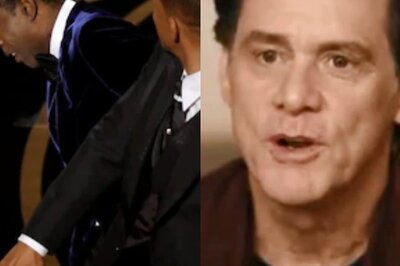

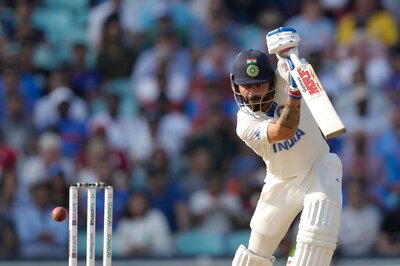


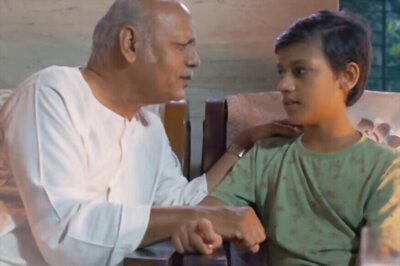
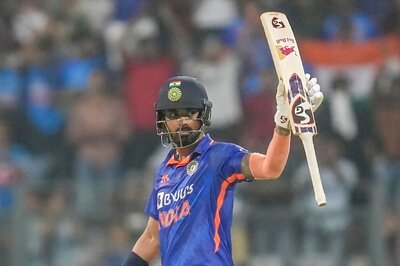


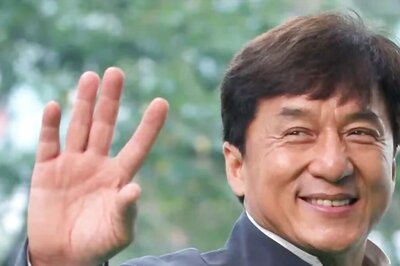
Comments
0 comment